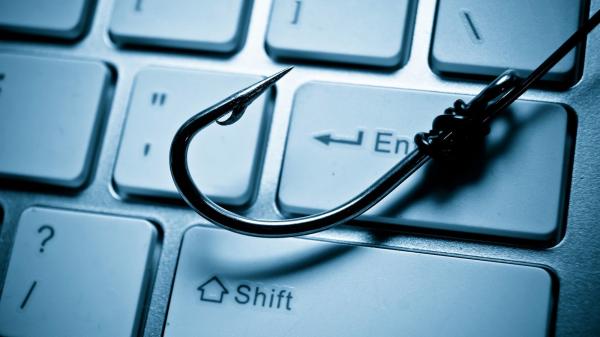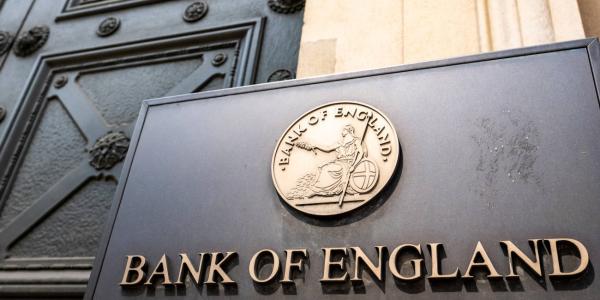As technology advances at lightning speed, we've become digital people. As more and more of the critical parts of our life and livelihood move online, privacy and security in the digital world have become significant talking points. Sadly, the law in many jurisdictions has yet to catch up with these changes. We are under more surveillance than ever before- and not from governments, but the vendors we use daily and cybercriminals wanting to harvest your data and details. Online privacy laws to help you protect your data and identity are critical to support legitimate users and keep you as free as possible from these digital eyes.
What are Online Privacy Laws?
At their simplest, online privacy laws are pieces of legislation that help keep you safe and your data private online. They aim to ensure your personal information is not shared without explicit permission and consent. This means that they regulate how legitimate companies and social media you interact with harvest and share your data and allow criminal prosecution of hackers and cybercriminals. Many of these laws are still developing. You can take a look at online privacy laws in the US and how well your state is currently performing if you are curious.
Why are Online Privacy Laws Important?
It's easy to feel like you're 'too small' to matter to the law. However, we now leave a digital footprint through everything in our lives, even search engines. Even completely legitimate companies have become very used to 'helping themselves' to every morsel of information about us, from names and addresses to our preferences and likes. It's essential that we not only know with full transparency what's being collected and why but also have the means to give our consent to have this data mined and used.
Without online privacy laws, we are at the mercy of corporations and governments, who can do what they will with this data. So critical is this matter becoming that there's been a noted move in legal spaces of many practitioners into digital privacy lawyers. This is a sure sign of the need for the control of our data to be put back in our hands!
There are some other key points to consider:
- If this data is 'legitimately' gathered without our permission, it can also be intercepted by those who would abuse it, like cyber criminals. This leads to an increase in fraud, identity theft, financial loss, and other criminal activities. And you can't prevent what you don't know is happening!
- This sort of illicit gathering of information can also impact your freedom of expression. You may not want many faceless companies or your government to know your sexual identity, browsing habits, or social media activity.
- This can also have knock-on effects on your right to free speech. Additionally, there is again the chance for your data to be abused to attack you, such as through doxxing.
As our digital world expands, so do the risks to our privacy and the concerns that come with it. Being careful about what you share online can help, but it also needs the power of solid legislation to back it. And the law has been slow to evolve in this respect. In the US today, there's still no overall cohesive legislation covering all aspects of our digital privacy. Online privacy laws will be a critical cornerstone of this fight to prevent our identities from becoming corporate fodder and open to exploitation and misuse.















